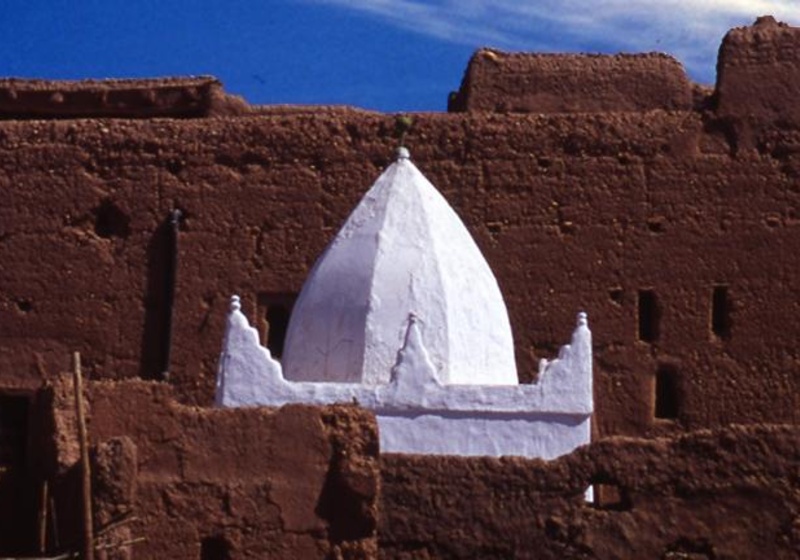People
The Faculty of Asian and Middle Eastern Studies at the University of Cambridge is divided administratively into 2 departments.
Find contact information for our University Teaching Officers with details of their research interests and supervision availability.
Read details of our Directors of Studies, and speak with our professional and academic services teams for more general enquiries about our Faculty and its library.



